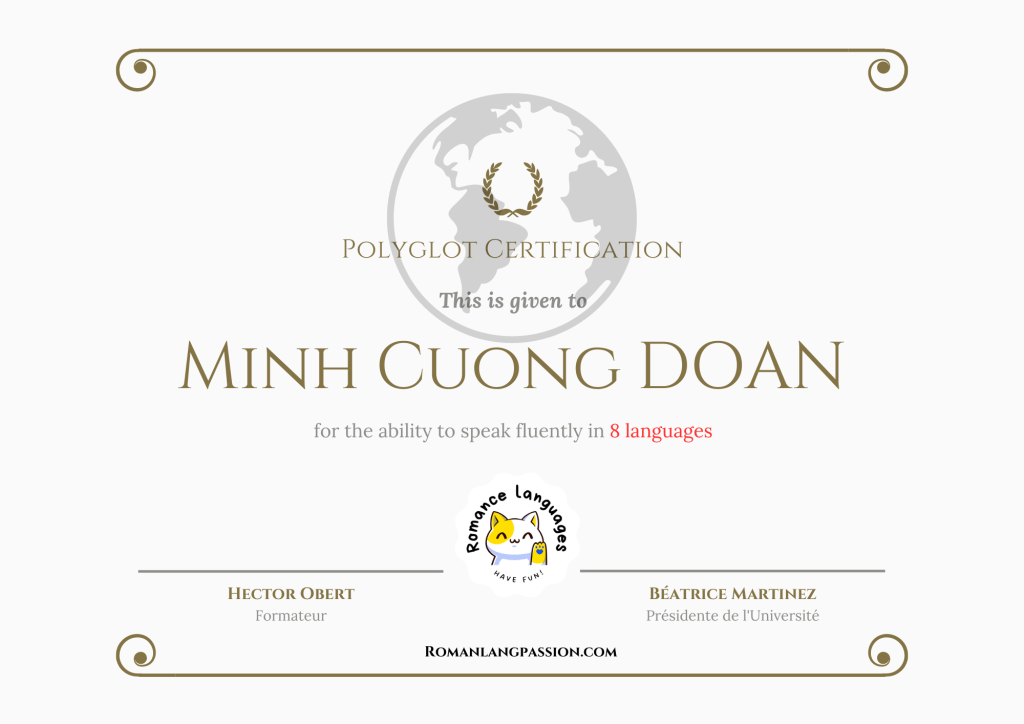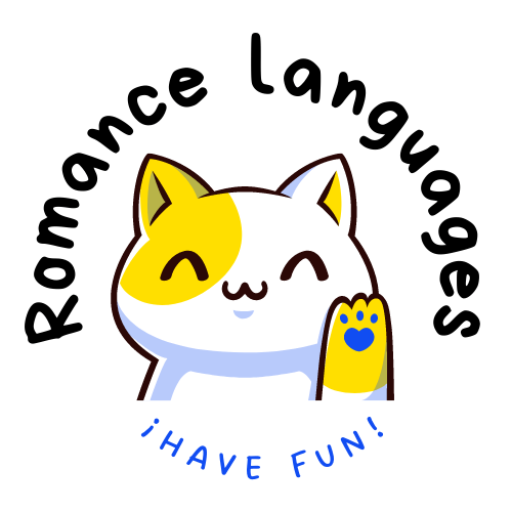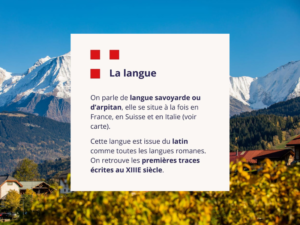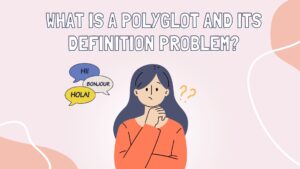What is a polyglot? That a controversial topic. It is hard to recognize who is a real polyglot. According to Wikipedia, it confirms that there is indeed a wide range of terms to describe individuals based on the number of languages they speak:
- Polyglot: A person who speaks fluency in multiple languages (but How many exactly?🤔)
- Bilingual: Someone who speaks two languages.
- Trilingual: Someone who speaks three languages.
- Hyperpolyglot: A term used for those who speak a large number of languages, typically at least six or more.
The word polyglot comes from the Greek roots polus, meaning “many” and glôtta, meaning “language”. These terms help provide some distinctions based on the quantity of languages spoken, but it’s important to note that the exact number can vary, and the terms might be used in different ways by different people or sources.
When are we considered polyglot?
In general, there’s no fixed number that universally qualifies someone as a polyglot. Many sources believe that speaking four languages is enough. For me, I call them”quadrilingual”, that makes sense, right?
It’s more about the individual’s ability to communicate effectively in multiple languages and the depth of their language skills. The emphasis is on proficiency and comfort in using the languages rather than a specific quantity. If someone is adept at navigating and using several languages in various contexts, they could be considered a polyglot, regardless of the exact number of languages in their repertoire.

Hard to measure the proficiency of polyglot
Assessing language proficiency adds another layer of complexity to the discussion of multiple languages. Different frameworks, such as the Common European Framework of Reference for Languages (CEFR), offer standardized levels from A1 (beginner) to C2 (proficient).
Some people believe that achieving a high level, such as C1 or C2, is essential for true fluency. Others emphasize practical skills, such as the ability to watch movies without subtitles, engage in professional work, or navigate diverse linguistic landscapes.
Thus, so we create a new certification for a polyglot? Why not?

The Controversies of Polyglotism
As the popularity of language learning videos on platforms like YouTube grows, so does skepticism surrounding people who claim to be polyglots. Many videos feature individuals claiming to be fluent in 10, 20, or even more languages. However, a high-stakes test often shows that their language skills extend only to basic phrases or discussions about the language learning process.
The term “fake polyglot” emerged as a reaction to people exaggerating their language abilities, perhaps to gain attention, build a personal brand, or promote language learning products. . True polyglots emphasize the importance of true fluency, which includes a deep understanding of language, the ability to engage in meaningful conversations on diverse topics, and Practical applications in real world contexts.
The secrets to become a polyglot
I recommend you watch this video below. In my opinion, the secrets of success are found in this sentence “There is nothing that motivates us more than our own success” Lýdia Machová -a language mentor
Some platform of polyglot club
There are several online platforms and communities where language enthusiasts, including polyglots, gather to practice and improve their language skills. Here are a few popular ones:
- Polyglot Club: The Polyglot Club is an online community that facilitates language exchange. Members can connect with native speakers of the languages they are learning through language exchange events, chat, and forums.
- Tandem: Tandem is a language exchange app that connects language learners with native speakers around the world. It supports text, voice, and video chat, making it easy to practice speaking and writing in your target language.
- HelloTalk: HelloTalk is a language learning app that connects users with native speakers of the language they want to learn. It provides a platform for text, voice, and video conversations.
Conclusion
In the polyglot world, the journey to multilingualism is diverse. Whether one speaks three languages or ten, authenticity is key. As language enthusiasts share experiences, it’s vital to celebrate genuine fluency and appreciate the rich tapestry of linguistic diversity.
In my case, I have learned 8 languages, but I can communicate effectively in 6 languages. But I don’t like someone calling me a polyglot, or I’ve never considered myself a polyglot, I prefer the term “language lover” or “language enthusiast” ❤️.









